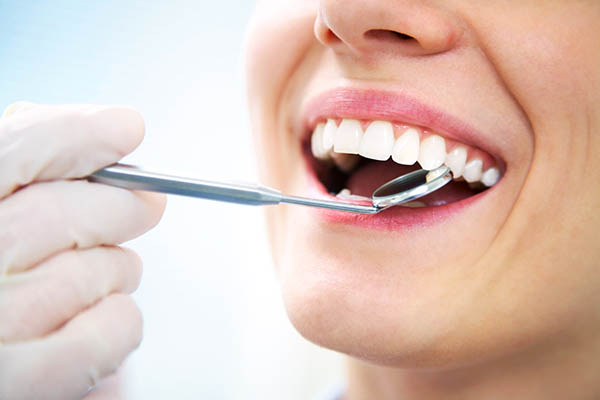 Dental veneers are porcelain or composite resin shells that fit over the front of the teeth, correcting cosmetic imperfections. Their average lifespan is about ten years. However, taking care of veneers from the start can help them last up to 20 years. This article will discuss what to expect after getting veneers and provide aftercare tips to help you navigate the healing and adjustment period. It will also touch on how to take care of veneers for the long term.
Dental veneers are porcelain or composite resin shells that fit over the front of the teeth, correcting cosmetic imperfections. Their average lifespan is about ten years. However, taking care of veneers from the start can help them last up to 20 years. This article will discuss what to expect after getting veneers and provide aftercare tips to help you navigate the healing and adjustment period. It will also touch on how to take care of veneers for the long term.
What to expect after getting veneers
Patients may return to their usual activities immediately after getting veneers. However, it may take up to two weeks to fully recover and adjust. For example, many patients report minor tooth pain and sensitivity for the first week. Biting, chewing, and talking may also feel slightly different initially, although patients do not have to worry about the veneers slipping or falling out.
There may also be some rough spots left over from the veneer installation procedure. If they do not go away on their own, the dentist can smooth them during the patient’s follow-up appointment.
Immediate aftercare for permanent veneers
Getting veneers does not entail sutures or surgical wounds. As such, healing mainly involves managing discomfort as the veneers set in. Below are some aftercare tips for managing tooth pain and sensitivity during the first couple of weeks:
- Drink all beverages with a straw.
- Do not drink hot or cold beverages.
- Do not eat very hard or crunchy foods.
- Floss carefully and with minimal pressure.
- Brush with a fluoride toothpaste made for sensitive teeth.
Make sure to attend the follow-up appointment with the dentist. If there are any issues — such as if the veneers feel loose, rough, or too big — the dentist will make adjustments during the follow-up appointment or schedule another visit.
Long-term veneer care: Practice good dental hygiene
Good dental hygiene is the key component of long-term veneer care. Brushing twice daily with a soft toothbrush and fluoride toothpaste is key — brushing too hard may wear down the surface of a veneer. Patients should also floss daily. In addition, incorporating mouthwash into one’s nighttime dental routine can help keep their entire mouth healthy.
Dental hygiene also involves regular dental checkups. Visit the dentist every six months for a teeth cleaning. The dentist can also provide advice or notice any issues with the veneers.
What to avoid with veneers
It is crucial to protect dental veneers from external damage or trauma. They are susceptible to cracking and chipping, just like natural teeth. To help prolong the life of one’s veneers, try to avoid the following:
- Very hard or sticky foods.
- Opening packages with the mouth.
- Chewing ice, pens, etc.
- Biting nails.
- Grinding or clenching the teeth.
Patients who grind their teeth at night should invest in nightguards to protect their veneers. Likewise, those who play sports should be sure to wear mouthguards.
Get a picture-perfect smile
The healing process after getting veneers is minimal. It is mostly about managing minor tooth pain and sensitivity for a couple of weeks. Aftercare is just as simple — caring for veneers is the same as caring for natural teeth. Give our team a call today for more information.
Request an appointment or call R. David Brumbaugh, DDS at 214-306-4402 for an appointment in our Dallas office.
Related Posts
Dental veneers may be the most effective option to repair uneven, misshapen, or broken teeth. They can also help reduce gaps in the teeth. Traditional veneers come in two main types: porcelain and composite resin. While both can help you achieve that movie-star smile, they have some differences. This article will explore both porcelain and…
Getting dental veneers can improve your smile. These thin shells can also protect the treated teeth. Your dentist can determine if you can have this treatment. Here are the details to see if you are a candidate for dental veneers.The enamel can thin out because of sweet and acidic foods and drinks. Hard brushing can…
Dental veneers are versatile restorations. Your dentist can improve the health and appearance of your teeth by applying these custom-fit shells. Talking to your dentist about the procedure can motivate you to set your treatment schedule. Here are the pros and cons of getting your dental veneers.Dental veneers can be a good choice for dental…


